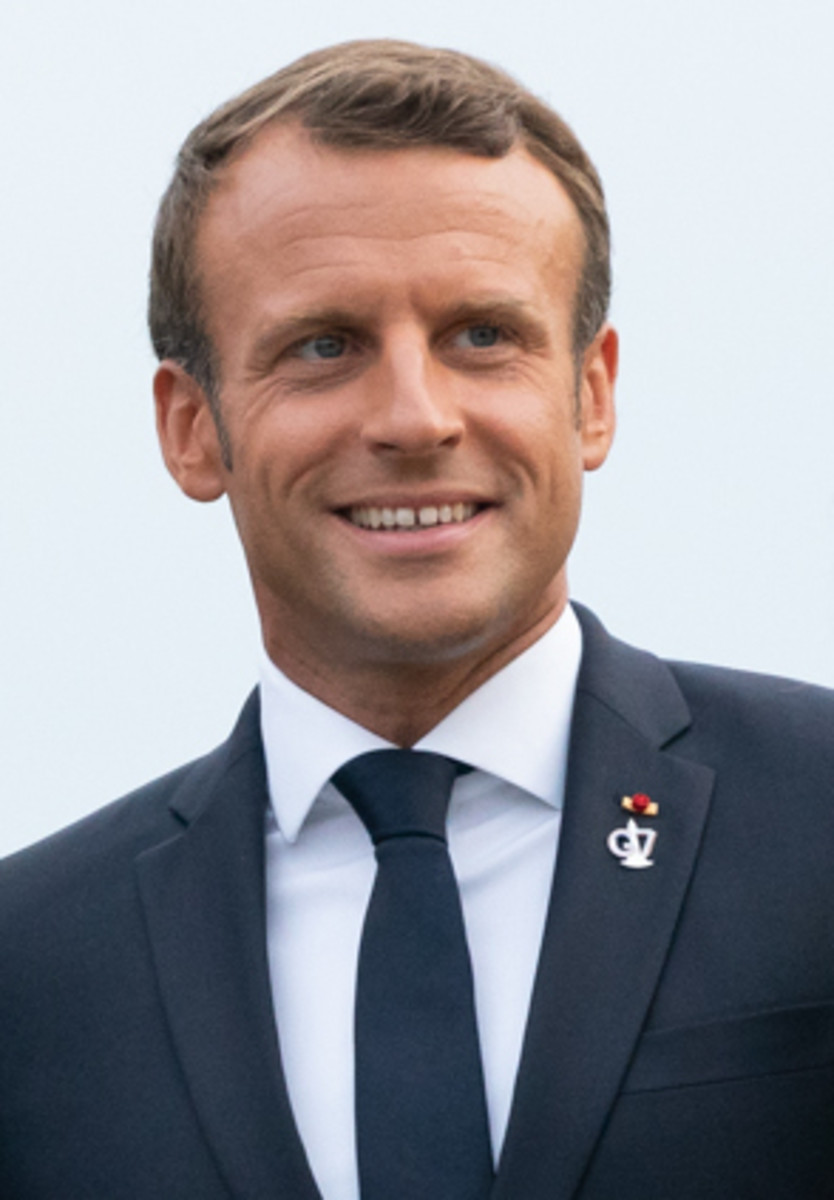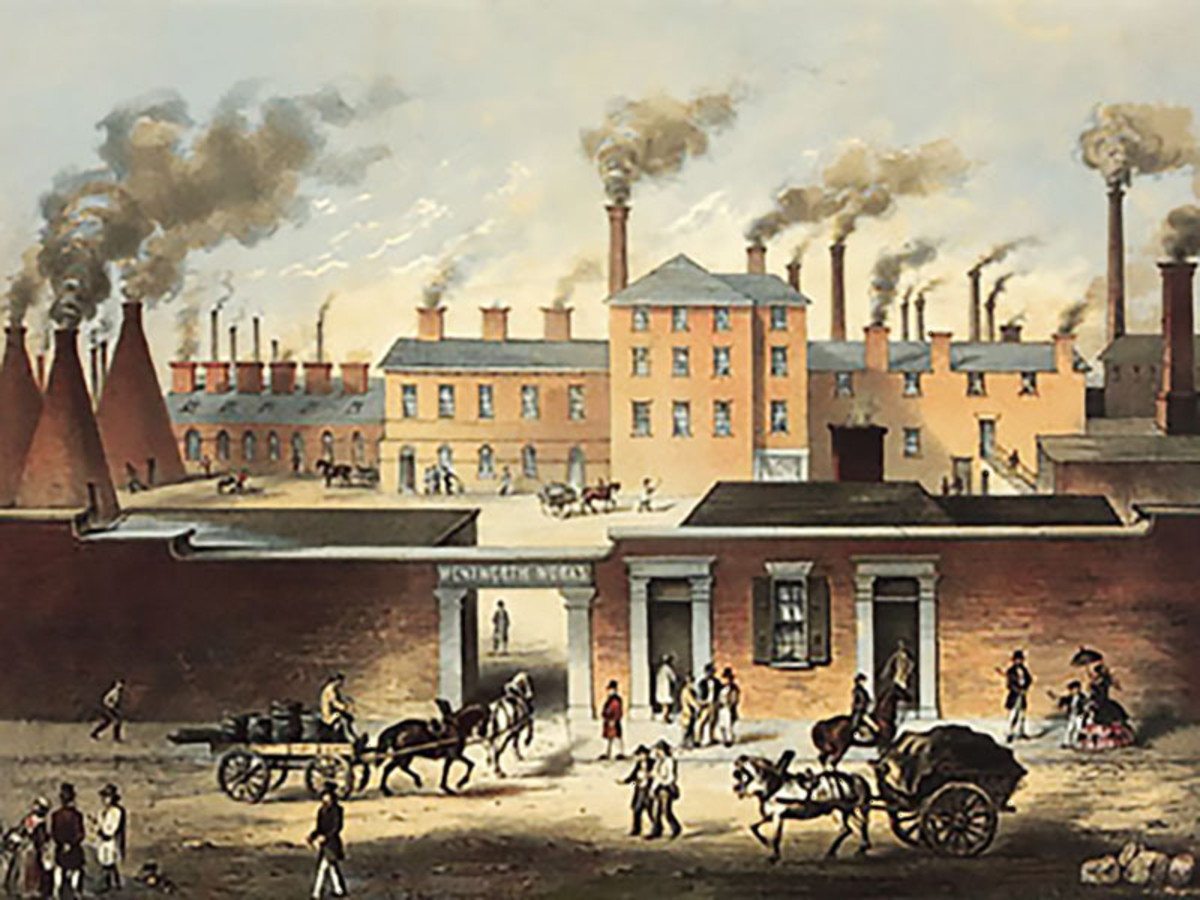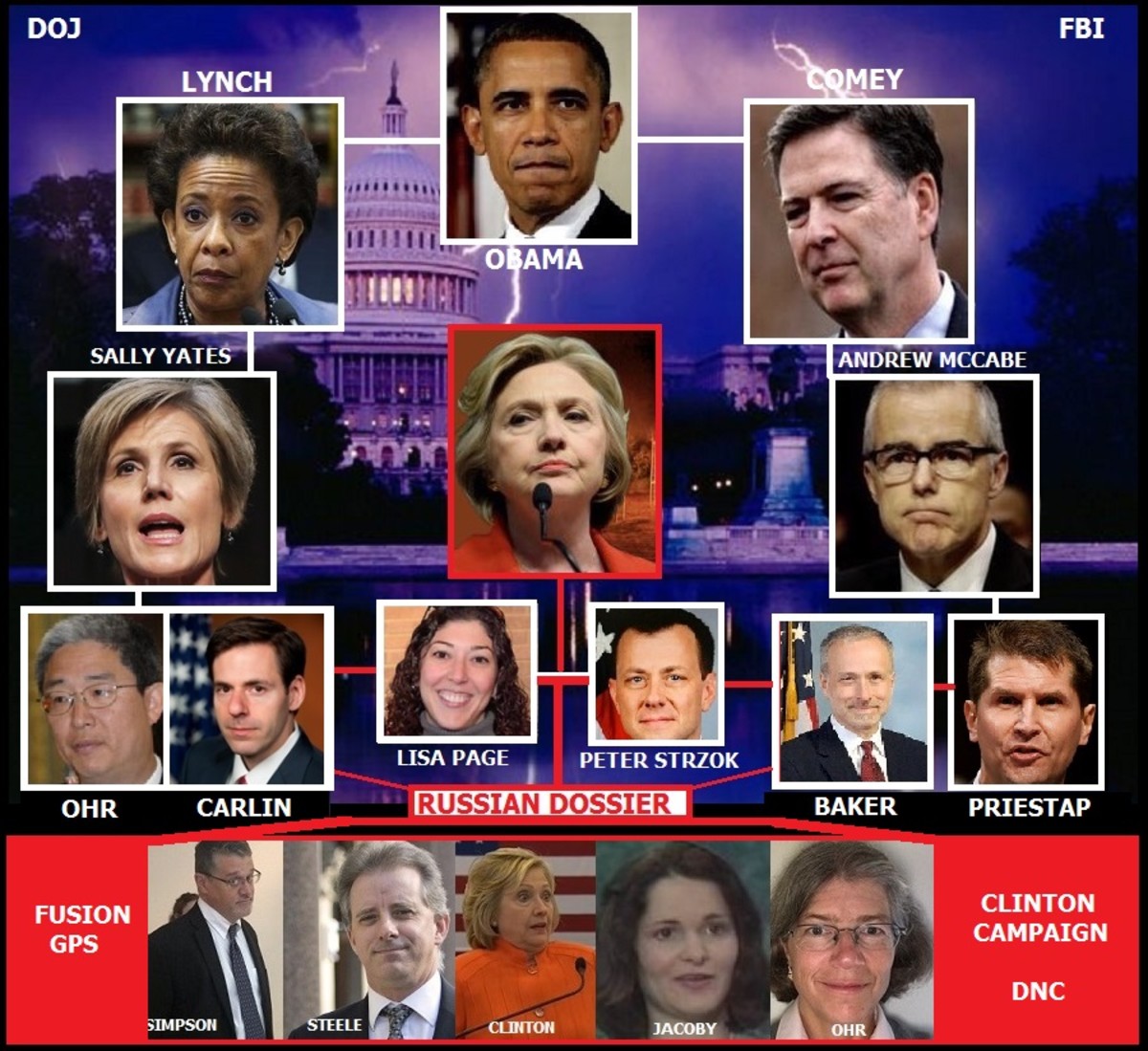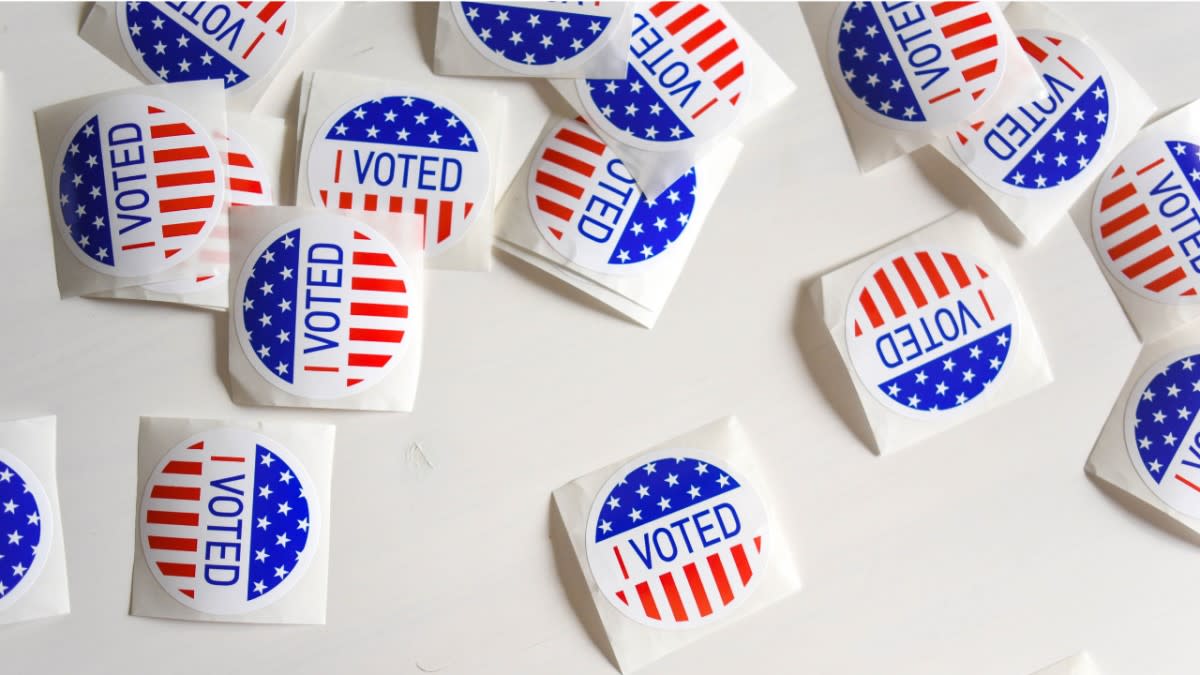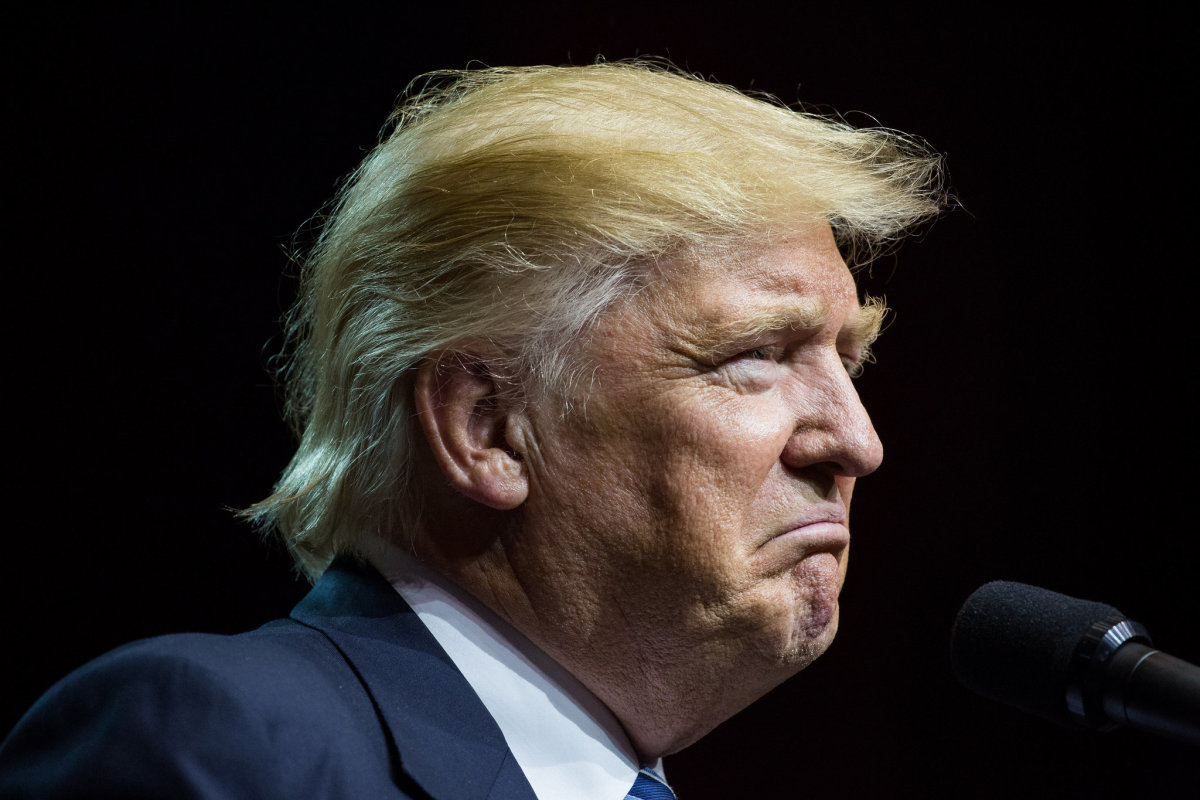The Political and Economic Systems of Russia
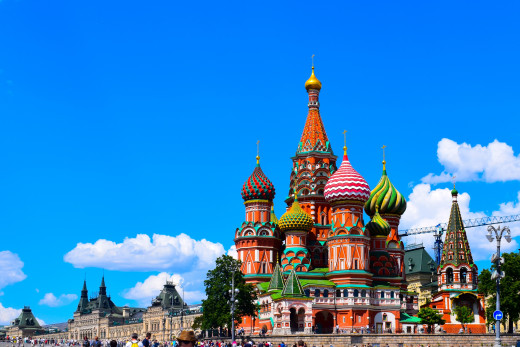
Russia gained independence in 1990 after the collapse of the Soviet Union to become a sovereign state. Today that day is commemorated on June 12 as Russia day, and it is a public holiday. Russia has since then worked its way into becoming one of the world’s superpowers having nuclear weapons as part of its military arsenal. The primary source of its riches are the vast wells of oil and natural gas which let it serve most of Europe’s energy needs. In this essay, I will explore the Russian political and economic systems.
The federal government of Russia is made up of three main branches: the executive, legislature, and judiciary. The citizens elect the president, the dominant figure of the executive, who then appoints the prime minister. The prime minister of Russia heads the government, and the state duma has to confirm the appointment(Danks,2014). The current serving president is Vladimir Putin, who has served since 2000. He is the commander in chief of the armed forces and determines foreign and domestic policies. In 2008 the constitution was amended to state that the Russian president should serve a maximum of two consecutive terms each six years long, instead of four years(Danks,2014). The government ensures the implementation of all policies and that citizens abide by the rule of law. It also works out the federal budget and oversees that citizens enjoy their rights and freedom.
The legislature is a bicameral assembly made up of two chambers, the state duma-the lower house, and the federation council-the upper house. The state duma constitutes of 450 members who are elected for a term of five years. The federation council has 176 members, who are selected as representatives for federated entities (Danks,2014). Each federated body has two representatives, one chosen by the entity`s legislature while the entity head nominates the second. The state duma and the federation council work together to finish and vote on draft laws. The federation council, however, has special powers such as deciding the impeachment of the president, the declaration of a presidential election, and decisions on the military forces outside Russian soil().
The judiciary is the branch concerned with the implementation of the law and adjudication of court cases. The lowest court is the municipal court which serves each city and rural district hearing more than 90 percent of all civil and criminal cases in Russia(). The second level court in ascending order is the arbitration court that resolves commercial disputes amongst different parties. The Supreme Court handles appeals of conflicts from the other courts.
The Russian Gross Domestic Product per capita was $29,032 in 2018, and it ranks as the 56th standard of living in the world. The economy was estimated to be worth $4.2 trillion using the purchasing power parity, which is more accurate since it compensates for the government manipulation of exchange rates (Amadeo,2019). Russia has a mixed economy in that the federal government has an interest in safeguarding the citizens' welfare and also its markets. The government also plays significant roles in international trade and other sectors such as transportation. The lion share of the economy is from Russian`s vast oil and natural gas wells(Amadeo,2019). The Russian government owns Gazprom which has some of the world`s largest gas reserves and also has a 69 % share of Rosneft an international oil exploration company. Amadeo notes that Russia supplies 30% of Europe`s oil and 24% of its gas; therefore, it uses pipeline politics to get policies through(2019).
Russia is a democratic country whose citizens enjoy representation in the parliament by the dignitaries they elect, and a well-articulated constitution protects them. Article 3 of the law states that the Russian multinational people are the primary source of power and that the people should exercise their control directly through the authorities(Danks,2014). It is therefore paramount for the Russian government to safeguard its citizens' welfare, especially at the international level through policies that will boost its economy.
References
Amadeo, K. (2019, July 4). Russia's Mixed Economy and How Pipeline Politics Holds the EU Hostage. Retrieved October 1, 2019, from https://www.thebalance.com/russian-economy-3306352.
Danks, C. J. (2014). Politics Russia. London: Routledge, Taylor & Francis Group.
The political system of Russia. (n.d.). Retrieved October 1, 2019, from https://russiatrek.org/about-russian-politics.

